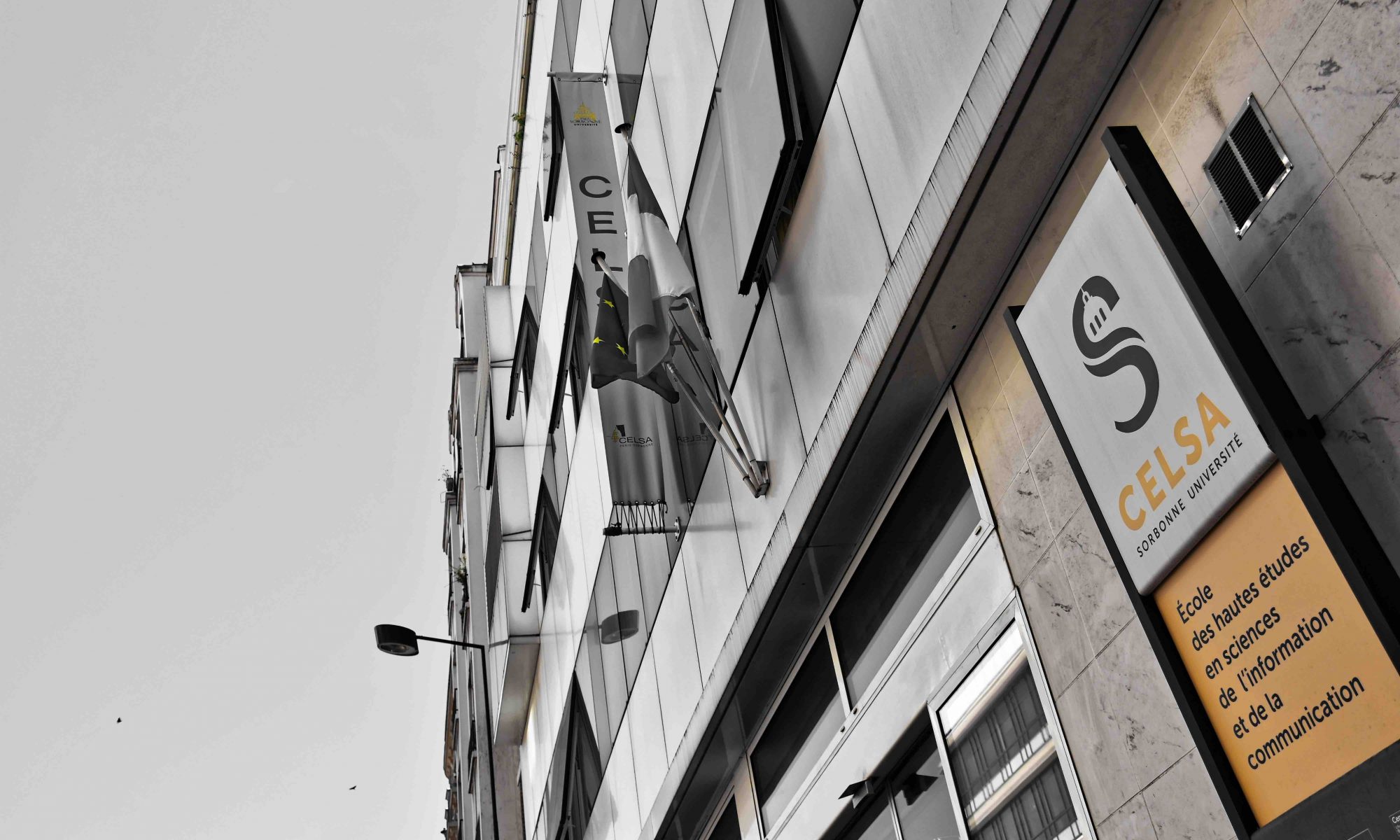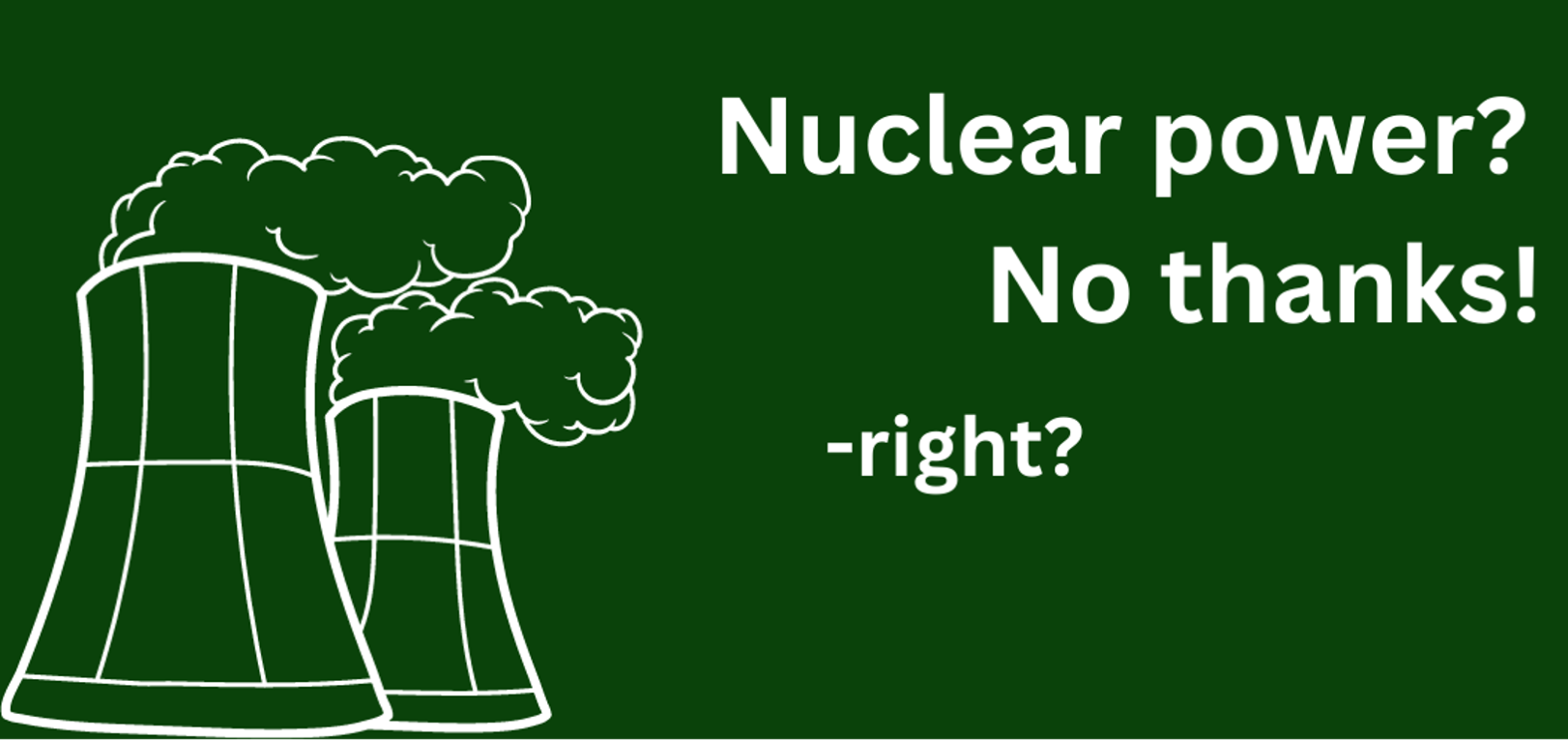Atomkraft? Nein, danke!
« We are here, we are loud, because you want nuclear power back! » (« Wir sind hier, wir sind laut, weil ihr wieder Atomkraft wollt! ») – « Against nuclear power, for the climate – on the streets, again and again! » („Gegen Kernkraft, für das Klima – auf die Straßen, immer wieder! ») – For years, these were the sort of slogans that could be heard echoing through the streets of Germany. But while large parts of the German population have been critical of nuclear power in recent decades, it was seen mostly positively in its early days of civilian use. In the 1970s, it was considered to be safe, cheap, modern and resource efficient. However, the public perception changed following the nuclear accidents at Three Miles Island (1979) and Chernobyl (1986) and their impact which also affected the German population. More and more Germans began to speak out – against nuclear energy. In 2002, the decision was made to gradually phase out nuclear energy. However, the debate wasn’t over yet: in 2010, the government after next extended the nuclear phase-out by decades – only to advance it back to the end of 2022 a year later, influenced by the nuclear disaster in Fukushima.
The plan remained in effect before being questioned once again by a wider public shortly before the final shutdown of the remaining three nuclear power plants. This time, the reason was the Russian attack on Ukraine and subsequent energy crisis. In order not to extend Germany’s dependence on Russian natural gas even further and to ensure the reliability of energy provision over the winter months, the operating time of the remaining three power plants was extended one last time. Eventually, on April 15, 2023, the last German reactor went off the grid, ending the use of nuclear energy in Germany. Nevertheless, the discussion about a return to nuclear power continues.
Énergie nucléaire? Mais oui!
In France, on the other hand, the story is somewhat different. The beginnings, however, are similar: In 1959, the first reactor unit went into operation, and, following a large public approval, 18 more nuclear power plants with a total of 56 reactor units were added over the years. This makes France the country with the second most nuclear reactors in the world. directly behind the USA and at present just ahead of China.
While in Germany, after the nuclear disaster of Chernobyl, children were no longer allowed to play in sandpits, milk as well as fruit and vegetables from the ground had to be thrown away, and the meat of wild boars is highly contaminated with radioactivity to this day, the effects of the accident in France were comparatively small. This can perhaps be an explanation to why the fear of reactor accidents has had less of an impact on the debate about nuclear power there than in Germany. On the contrary, French President Emmanuel Macron announced in early 2022 that up to 14 new nuclear reactors will be built in France over the next few decades. In addition, the existing reactors will be kept on the grid for even longer. Even in view of some serious signs of attrition at most of France’s 56 nuclear power plants, its government remains committed to these plans while being supported by a large part of the French population.
The youths’ opinions in France and Germany
However, among the participants of a non-representative study conducted for this article among students of the Université Sorbonne in Paris and KU Eichstätt-Ingolstadt in Germany, approval and opposition among French students tend to be more or less balanced. Reasons for the students to oppose the construction of new nuclear power plants include the enormous costs, the high consumption of water, the risk of nuclear accidents as well as the unresolved problem of disposal or storage of radioactive waste. Moreover, only 13% of French survey participants consider nuclear power to be the source of energy for the future, while 62% are critical of the idea. Still, most French respondents are in favor of using nuclear power as an energy source at present.
Mathieu Forms, a french engineering student, explains « autonomy and production » to be the main arguments in favor of nuclear power. In other words, he sees nuclear power as a good energy resource since it could help reduce carbon dioxide emissions and could be used more efficiently than coal, for instance. In this time of global climate crisis, this argument appeals to young people in particular, not only in France but also in Germany.
That is probably one reason why there is only limited support for the decision to withdraw from nuclear power in Germany. Generating the country’s own nuclear power would also be beneficial given the current inflation and energy crisis. General representative polls from April 2023 of the ARD-Morgenmagazin show that 59% of all respondents feel that the shutdown of the last nuclear power plants was the wrong thing to do. Among students, on the other hand, opinions vary, with the vast majority opposing the use of nuclear power in Germany, but at the same time also rejecting the shutdown of existing nuclear power plants. This emerges from a small, non-representative survey among students at the KU Eichstätt-Ingolstadt, which was conducted at the same time as the survey at the Sorbonne.
Similar to students at the Sorbonne, the main problem seen is the storage of nuclear waste While 90% of the German participants see the storage as a problem or even a big problem, 87% of the French participants agree with these statements.
Another aspect in which the opinions of young people in both neighboring countries are alike is the sense of a lack of participation in political decision-making regarding the use of nuclear power. Of the French students, 71% of respondents said they felt either not involved or not involved at all in the process of political decision-making. Among German students, this number was even slightly higher at 75%.
What future for energy politics?
Considering these survey results, in which students from all political camps broadly agreed in expressing their dissatisfaction with the political decision-making process for both countries, the question arises as to how a political approach would need to be designed to gain more acceptance among the respective populations. It seems that political decision-makers would be well advised to engage more in dialogue with the youth of their country, concerning energy production as well as other issues. Otherwise, they might well risk increasing frustration with politics among young people. Particularly when it comes to an area such as the production of energy that is so controversial in society and at the same time so important for industrialized and technology-driven countries, it is already nearly impossible to find a general consensus in the whole of society, given both the great advantages and great risks hat nuclear energy involves.
written by Mia Goasquen-Rodeno, Chiara Großerüschkamp, Benjamin Milkoff and Judith Pohl
____________________________________________________________
This article is a product of the project „Futur2 – French German Journalism“ by students of BA Journalism, KU Eichstätt-Ingolstadt and M1 Journalism, CELSA Sorbonne University. It was funded by Deutsch-Französische Hochschule | Université franco-allemande: „Élysée-Vertrag – Zusammen den Blick in die Zukunft richten“ in 2023.



